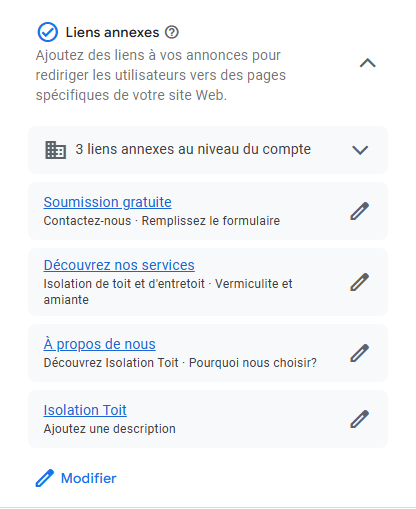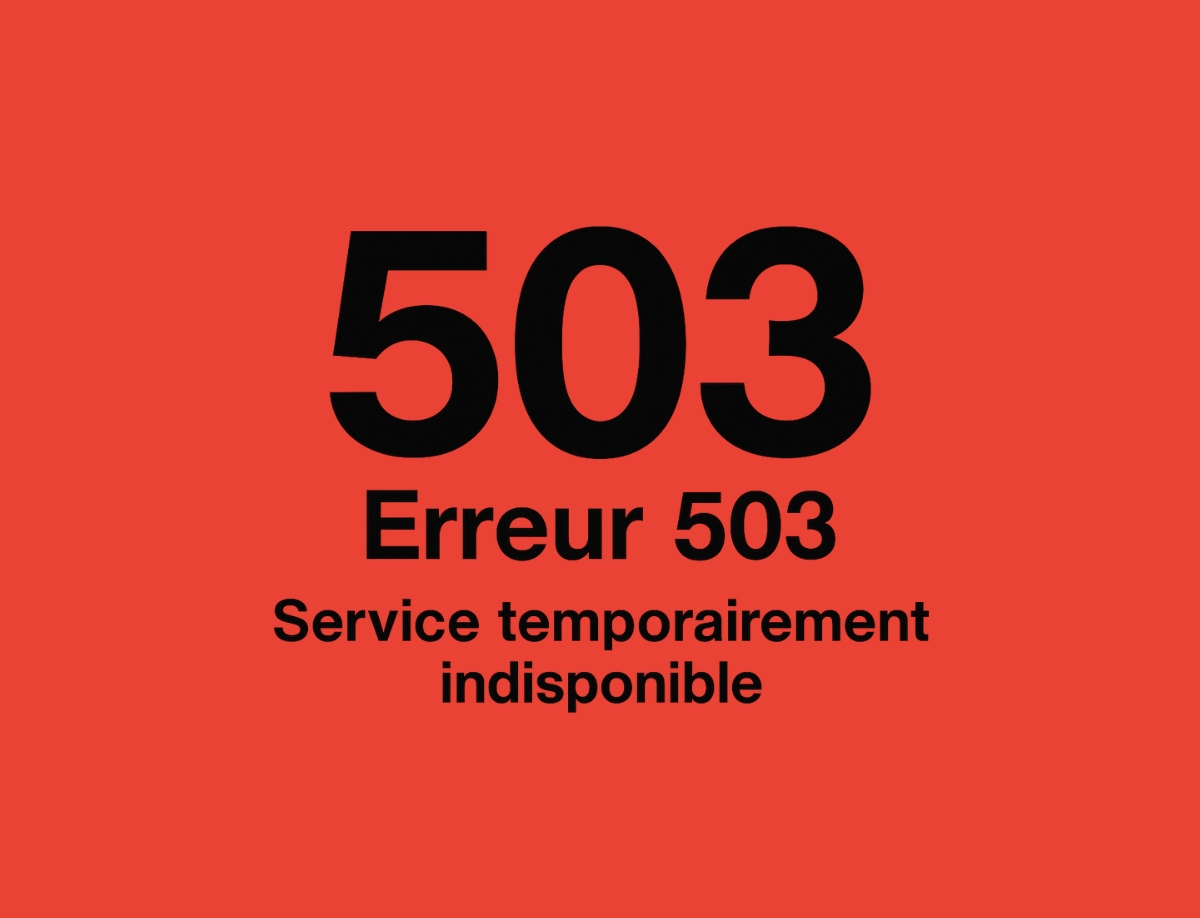Buying Google keywords is essential for successful online marketing. Careful selection and effective management of your keywords can greatly improve your company's visibility and attract a relevant audience to your site. This article will introduce you to the best practices for purchasing Google keywords, from initial selection to ongoing optimization of your campaigns. Google Ads.
1. Understanding keyword buying on Google
1.1 What is Google keyword buying?
Buying Google keywords involves selecting specific terms that users enter into the search engine. These keywords trigger the display of your ads via Google Ads. So every time a user searches for one of your keywords, your ad can appear at the top of the search results, increasing your visibility.
1.2 Why use Google Ads?
Google Ads is a powerful platform for precisely targeting your audience. By using relevant keywords, you can reach potential customers when they're actively looking for products or services similar to yours. What's more, Google Ads offers budget flexibility and detailed analysis tools to measure the effectiveness of your campaigns.
2. How to choose the right keywords
2.1 Effective keyword research
To choose the right keywords, start by identifying the terms your potential customers use to search for your products or services. Use keyword research tools to discover ideas and evaluate the popularity of each term. For example, consider variations of your main keywords to cover a wider spectrum of searches.
2.2 Keyword search tools
2.3 Competitive analysis
Analyzing the keywords used by your competitors can give you a strategic advantage. Identify the terms they are positioning themselves for and evaluate their effectiveness. This will enable you to uncover untapped opportunities and adjust your strategy accordingly.
3. Keyword purchasing strategies
3.1 Define an appropriate budget
Setting a realistic budget is crucial to the success of your Google Ads campaigns. Evaluate how much you're willing to invest per day or per month, and allocate your budget according to keyword performance. Start with a modest budget and gradually increase it according to your results.
3.2 Types of bids on Google Ads
Google Ads offers several types of bidding, including cost-per-click (CPC), cost-per-thousand impressions (CPM) and cost-per-acquisition (CPA). Choose the auction type that best suits your marketing objectives. For example, if you want to generate clicks to your site, CPC is generally the most appropriate.
3.3 Ad optimization
Creating attractive, relevant ads is essential to maximizing click-through rate (CTR). Use catchy titles, clear descriptions and effective calls to action. In addition, make sure your ads are relevant to your target keywords and the corresponding landing page.
4. Best practices to maximize your ROI
4.1 Performance monitoring and analysis
Tracking the performance of your keywords is essential for optimizing your campaigns. Use Google Analytics and Google Ads reports to evaluate the performance of each keyword. Identify the keywords that generate the most conversions and those that don't perform well to adjust your strategy.
4.2 Continuous adjustments
Buying keywords is not a one-off task. It's important to regularly review your campaigns and adjust your bids, keywords and ads according to performance and market trends. This proactive approach maintains the effectiveness of your campaigns and optimizes your return on investment (ROI).
4.3 Using ad extensions
Ad extensions can improve the visibility and effectiveness of your Google Ads. Use backlink, teaser, callout or location extensions to provide additional information and entice users to click on your ads. This can also increase your CTR and improve the quality of your ads.

5. Common mistakes to avoid
5.1 Neglecting keyword quality
Focusing on search volume alone can be misleading. It's crucial to choose keywords that are relevant and specific to your business. Overly generic keywords can attract unqualified traffic, which can increase your costs without generating conversions.
5.2 Overpaying for competitive keywords
Some highly sought-after keywords can be extremely competitive and costly. Avoid overpaying for terms where competition is too high, and consider less competitive but equally relevant alternatives. This will allow you to maximize your budget and achieve a better ROI.
5.3 Ignore analysis data
Not using analysis data to inform your decisions can limit the effectiveness of your campaigns. Regularly analyze your keyword performance and adjust your strategy according to the insights you gain. Ignoring this data can lead to misallocation of your budget and poor performance.
Conclusion
Buying Google keywords is an essential strategy for any company wishing to strengthen its online presence and attract qualified traffic. By choosing your keywords wisely, optimizing your Google Ads campaigns and following best practices, you can maximize your return on investment and achieve your marketing objectives.
At The Webix, we're experts in Google Ads campaign management and ready to help you optimize your keyword purchasing strategy. Don't hesitate to contact us to take your business to new heights.








